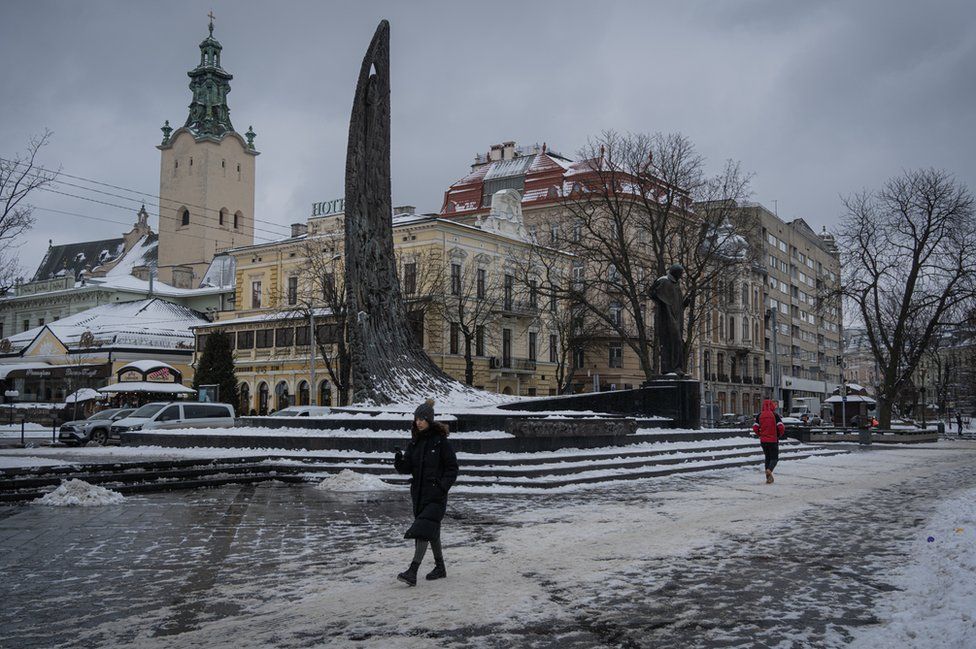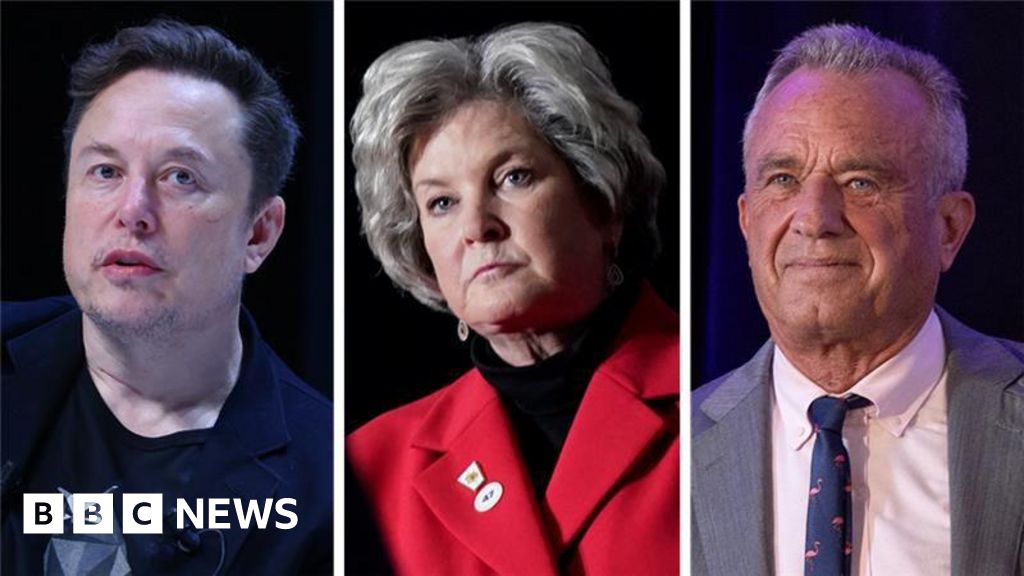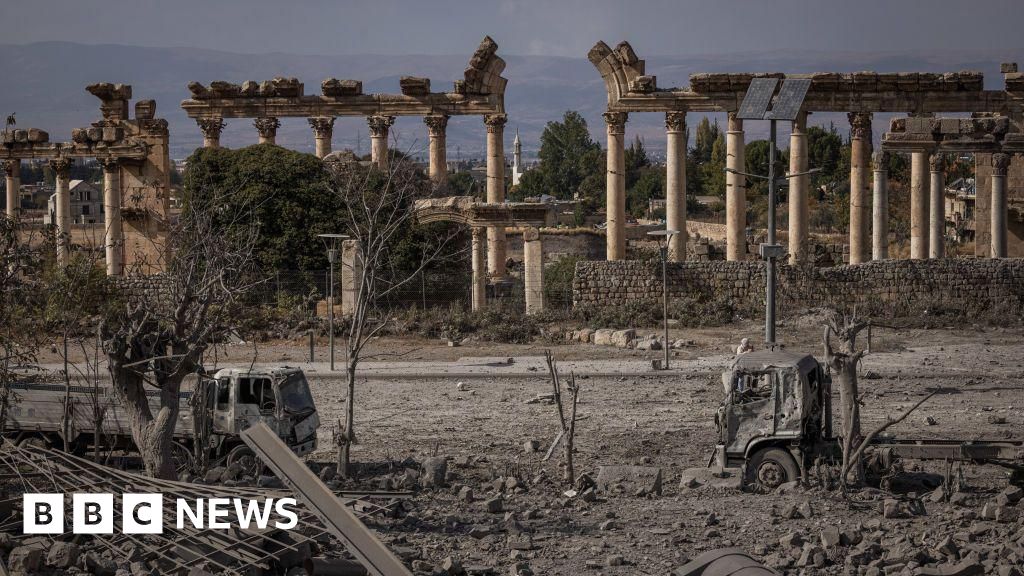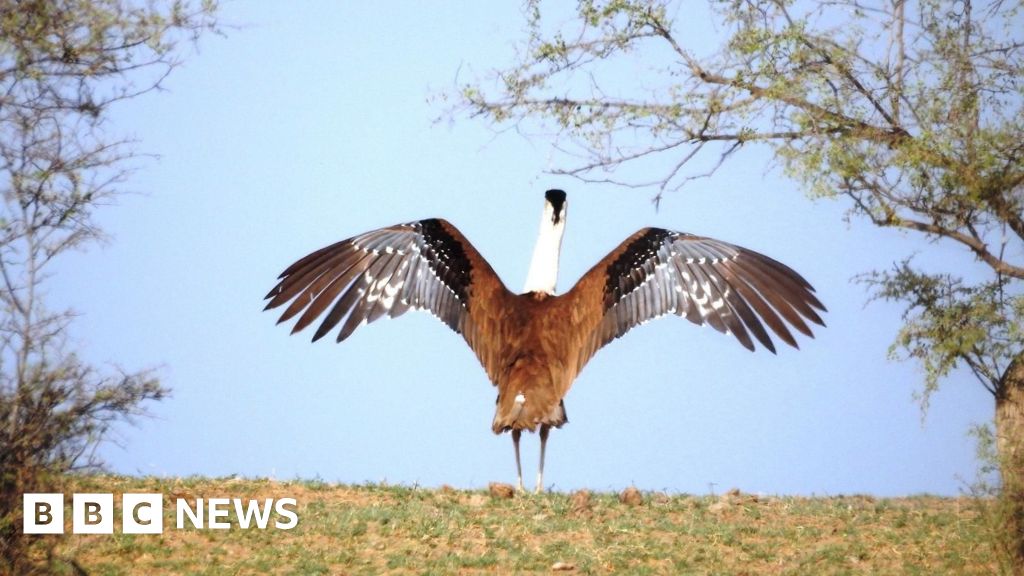ARTICLE AD BOX
 Image source, Getty Images
Image source, Getty Images
Lviv in western Ukraine is far from the fighting - but there are frequent sirens warning of attacks
By Jugal Purohit
BBC World Service, Delhi
Rishi Dwivedi left India last autumn and is back studying medicine in Ukraine, despite the threat the war poses to his safety
"Air raid sirens alerting us about incoming missile or drone attacks go off as many as four times a day," Mr Dwivedi, 25, told the BBC.
The fifth-year student, who comes from Kannauj in the northern Indian state of Uttar Pradesh, is pursuing a bachelor's degree in medicine and surgery at the Lviv National Medical University.
He was rescued along with thousands of others when Russia invaded a year ago - but decided to return last October to finish his degree.
Rishi Dwivedi worries that if the war escalates again he will need to flee
After a 22-year-old Indian medical student was killed in shelling at the start of the war, India evacuated 23,000 of its nationals who'd been trapped, including 18,000 students.
But large numbers - most of them medics - have gone back, defying government advice. They say they have little choice if they are to work as doctors.
Mr Dwivedi is among 1,100 Indians currently living in Ukraine. Most are students in cities like Lviv, Uzhgorod and Ternopil in the west of the country - within range of Russian air attacks but a long way from fighting in the east.
They're not the only foreigners to return. The BBC met African students who'd gone back to Lviv, and others are considering whether they should too.
"We wonder if we'll be able to finish our course. When helicopters or planes fly over us, we are unable to sleep. We worry if there is going to be an attack," says Shrishti Moses, a medical student in her fourth year in Lviv.
Power supply is patchy, so Ms Moses, who's from the northern Indian city of Dehradun, had to move to a more expensive apartment in a neighbourhood with regular electricity.
Image source, EPA
Image caption,The scene of a Russian attack in Lviv region last week - five people were killed
Given these conditions, why return to Ukraine?
Experts say that most Indian medical students abroad want to return to their country after graduating. But for that, they need permission from the National Medical Commission (NMC), India's medical education regulator.
When the war forced these students out of their education, India's education minister said the government would "do everything possible" to "make them doctors".
The Indian Medical Association asked for such students to be accommodated in Indian colleges. State governments made similar demands.
India's external affairs ministry even asked for "Indian private medical institutions to enrol returnee students… on a one-time exceptional basis".
But the health ministry ruled otherwise. It said in July that there were no provisions to "accommodate or transfer medical students from any foreign medical institutes to Indian medical colleges".
Many students who returned from Ukraine aren't even seeking admission to Indian colleges - because of the fierce competition to gain entry and the high cost of medical courses.
Vaishali Sethia left Ukraine in March and returned in November
Vaishali Sethia, who is studying medicine at the Ternopil National Medical University, left Ukraine via the Hungarian border in early March last year and returned in November.
"The NMC had issued an order declaring that Indian students who had taken admission in foreign universities after November 2021 would have to finish the course in the same university if they wanted their degrees to be recognised in India," says Ms Sethia, who's from Faridabad just outside Delhi.
She said she gained admission in December 2021, just a couple of months before war forced her to leave.
"People keep asking us why we returned Ukraine. We had to," she says.
Last month, India's health ministry said 3,964 Indian students who were in Ukrainian universities when the war began, had shifted to universities mostly outside Ukraine.
About 170 students have continued studying in Ukrainian universities that have temporarily shifted their operations to safer areas.
The health ministry also announced that Indian students who had completed their medical course on or before 30 June 2022, were eligible to sit the Foreign Medical Graduate Examination - an exam for students who've graduated abroad and want a licence to practice in India.
But all this means little to students who have now returned to Ukraine. Those who haven't done so find themselves in a strange limbo.
Dipak Kumar and his mother, who is not in favour of him returning to Ukraine
Dipak Kumar, who lives in India's northern state of Bihar, says that though he would like to go back to Ukraine and resume his studies, he can't because of family pressure.
"My family opposes the move because they fear for my safety," he says.
Dipak says he could have secured admission to a private medical college in India, but chose not to because of the high fees.
"We did not even have the money required for Ukraine, so my father sold some of our land to pay my fees," he says.
Students the BBC spoke to say that the fees for the entire medical course in Ukraine works out to be less than half of what it costs to study in a private institution in India.
Mrityunjay Kumar, whose son Shashank has now returned to study in Lviv, says that while Indian private colleges charge around 7.2m rupees ($87,000; £72,000) for the course, in Ukraine it costs closer to 2.5m rupees.
Back in Lviv, Rishi Dwivedi says he now gets less attention since going back.
"We students were in the limelight for the month that we returned. People then stopped bothering about us."
But every day is filled with uncertainty about the future.
"We have told our parents that in case the war escalates again and we need to run, then we are on our own now. We will try and find our way out from nearby border areas," he says.
Additional reporting by Claire Press & Kevin McGregor
BBC News India is now on YouTube. Click here to subscribe and watch our documentaries, explainers and features.

 1 year ago
92
1 year ago
92








 English (US)
English (US)